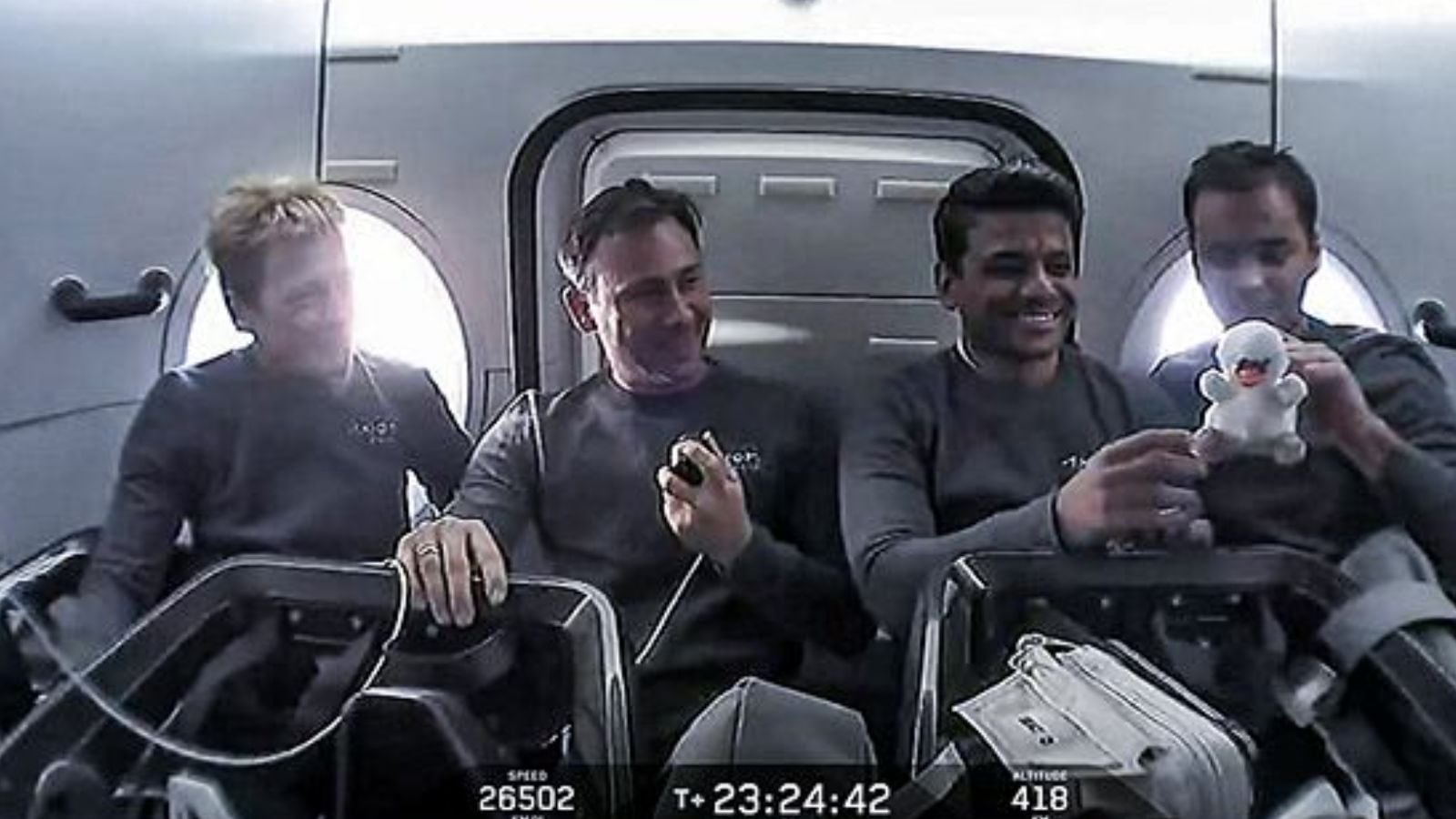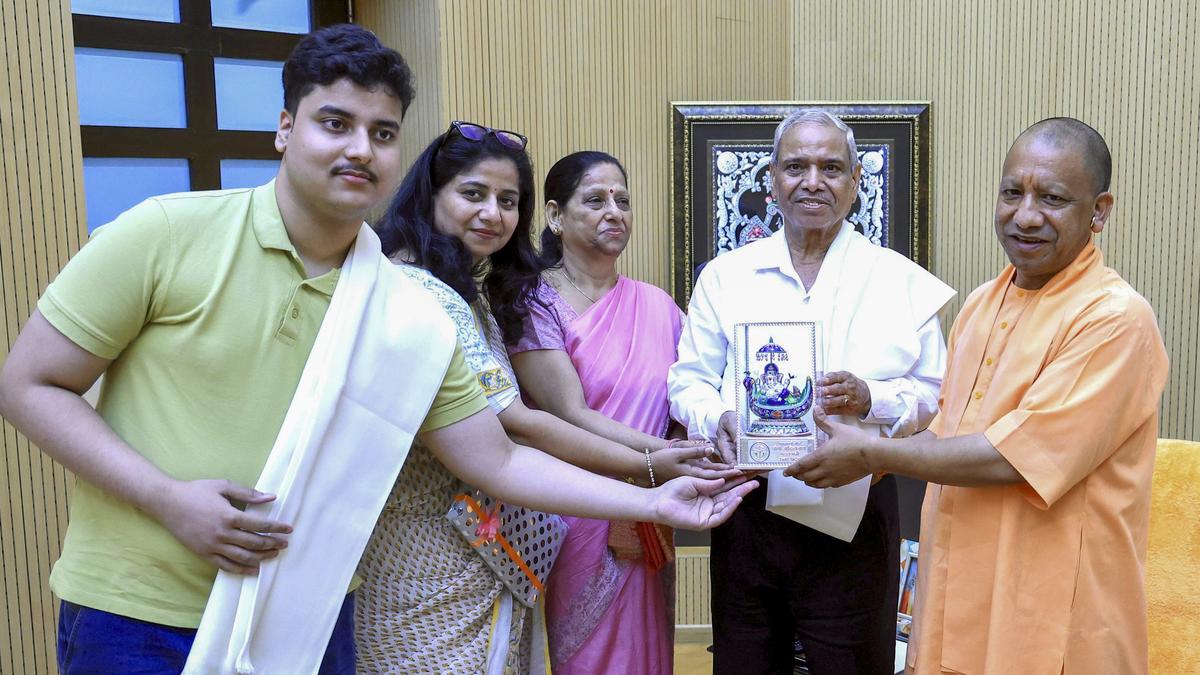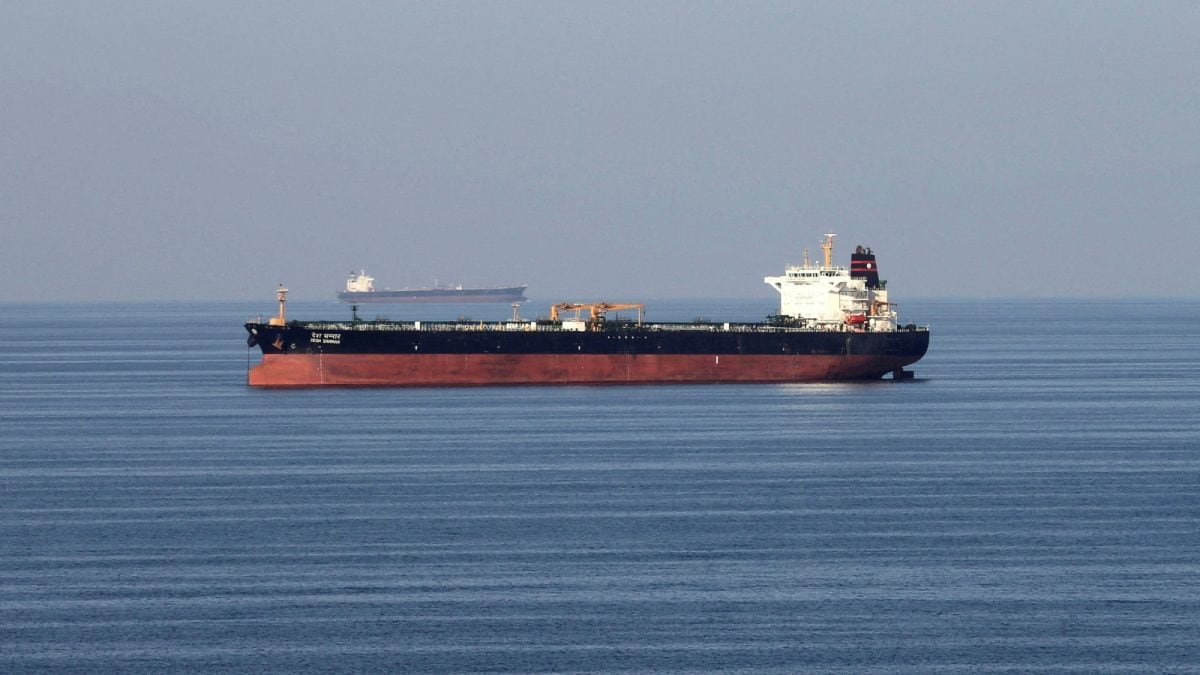ARTICLE AD BOX
With open arms, a beaming Shubhanshu Shukla glided into the International Space Station Thursday evening India time, transferring himself from the Dragon spacecraft that brought him and three others from Earth after a 28-hour journey through space.
Group Captain Shukla, the pilot of the Dragon spacecraft, is the first Indian on board the ISS. He was the second to enter the station, after mission commander Peggy Whitson of the US, shortly after 5.45 pm.
The Dragon had connected with the ISS, a permanent research laboratory in space, 105 minutes earlier in a smooth docking manoeuvre. At the time of docking, both the ISS and the spacecraft were travelling at speeds of nearly 26,500 km an hour.
The incoming astronauts — Whitson, Shukla, Slawosz Uznanski-Wisniewski of Poland and Tibor Kapu of Hungary — were welcomed with hugs by the astronauts already stationed there. The ISS was already home to seven astronauts, members of the 73rd expedition to the station that began on April 19 and will continue until November.
With the addition of four astronauts from the Axiom-4 mission, who will stay there for two weeks, ISS is now hosting 11 people. Operational since 1998, the ISS is comparable to a six-bedroom US apartment in size and can comfortably accommodate a dozen astronauts simultaneously.
 Commanded by former NASA astronaut and Axiom Space’s Director of Human Spaceflight, Peggy Whitson, the Ax-4 crew also includes Slawosz Uznanski-Wisniewski from Poland and Tibor Kapu from Hungary as mission specialists, with Shukla serving as pilot (Photo/X)
Commanded by former NASA astronaut and Axiom Space’s Director of Human Spaceflight, Peggy Whitson, the Ax-4 crew also includes Slawosz Uznanski-Wisniewski from Poland and Tibor Kapu from Hungary as mission specialists, with Shukla serving as pilot (Photo/X)
Shukla and the other incoming astronauts were offered a liquid diet to refresh themselves as they chatted with the existing residents and moved around in the facility. For Whitson, a veteran of space travel, this is the fifth trip to the ISS.
Shortly thereafter, Shukla was presented with the astronaut number 634 by Whitson — he is the 634th individual who has travelled to space.
Story continues below this ad
“It’s a privilege. It’s a privilege to be amongst the few who have got the chance to see the Earth from a vantage point,” Shukla said. “It has been a wonderful ride. It has been great. I was looking forward to coming to space. It is something to look forward to,” he said.
As the pilot of the mission, Shukla was given a number ahead of Uznanski-Wisniewski and Kapu. Whitson already has a number, 419.
“The best part about being commander with all rookies is that you get to watch the rookies go through it for the first time. And it helps you remember some of the things you went through the first time. It’s very special to relive the experience through these guys,” Whitson, whose first space trip was in 2002, said.
Shukla said he was overwhelmed by the welcome received from those on board the ISS.
Story continues below this ad
“The minute I entered the International Space Station, you guys (members of the 73rd expedition) made us feel so welcome… you literally opened your doors for us. It was fantastic. I feel even better… Whatever expectations I had about coming here have been surpassed, by the view, of course that’s a big part of it, but by you guys as well. Thank you so much,” he said.
The Axiom-4 mission had launched from the Kennedy Space Center in Cape Canaveral, Florida Wednesday noon India time, and took 28 hours to reach the destination.
“Frankly, when I was sitting in the capsule yesterday on the launch pad, my only thought was ‘let’s just go after 30 days of quarantine’. There was a feeling that I just wanted to go. The excitement was far away… But when the ride started, it was something. You getting pushed back into the seat… it was an amazing ride. And, then suddenly nothing. Everything is silenced. You were just floating in the silence of vacuum. It was an amazing feeling,” Shukla said during an interaction earlier in the day as the spacecraft made its way to the ISS.
“I was not feeling very great when we got shot into the vacuum. But since yesterday, I have been told that I have been sleeping a lot… I think that’s a great sign. I am getting used to this quite well, enjoying the views, enjoying the entire experience, learning like a baby… learning the new steps, learning how to walk, learning how to control yourself, everything, learning how to eat,” he said.
Story continues below this ad
The Dragon spacecraft carrying the astronauts came in contact with the docking port of the Harmony module of the ISS for a ‘soft capture’ around 4 pm India time. Then, 12 hooks closed in on the spacecraft to complete the lock, or ‘hard capture’, followed by checks on umbilicals for power and communication, after which the hatch opening procedure was initiated. The entire process took more than one and half hours.
Shukla and his crew mates will spend 14 days on the ISS, conducting nearly 60 experiments, representing 31 countries. India has sent seven experiments on board the mission, including edible microalgae, oxygen-producing cyanobacteria, and crop seeds among others. Shukla will also connect with students, academia, as well as representatives of India’s growing space industry from the space station.
Soon after the docking, Union Minister of State for Space Dr Jitendra Singh, in a post on X, said, “Congratulations Axiom4! Docking accomplished. Shubhanshu stands at the threshold entrance of the International Space Station … waiting to step in for a 14-day sojourn… as the world watches with excitement and expectation.”



.png)
.png)
.png)
























 English (US) ·
English (US) ·